The greatest Cavallini Rampanti, at the end of their lives, head not for the knacker’s yard but to the Museo Ferrari. Behind the modern glass facade are several levels and 2,500 square metres of exhibition space, housing the major models of the brand's history. More than 200,000 Ferrari enthusiasts, or Ferraristi, flock each year to the Italian Emilia-Romagna, to pay homage to their own personal sports or racing favourites in the metal. The Ferrari museum is very different indeed from the architectural spaceships of the Porsche museum and its ilk. The charm of the Ferrari pilgrimage is more down to earth, and more rooted in the past. The spirit of Enzo Ferrari is still very present in Maranello.
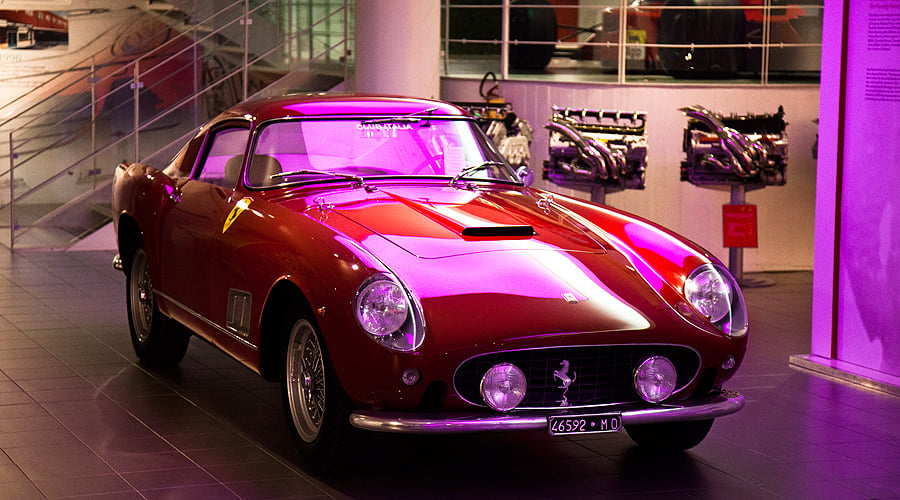
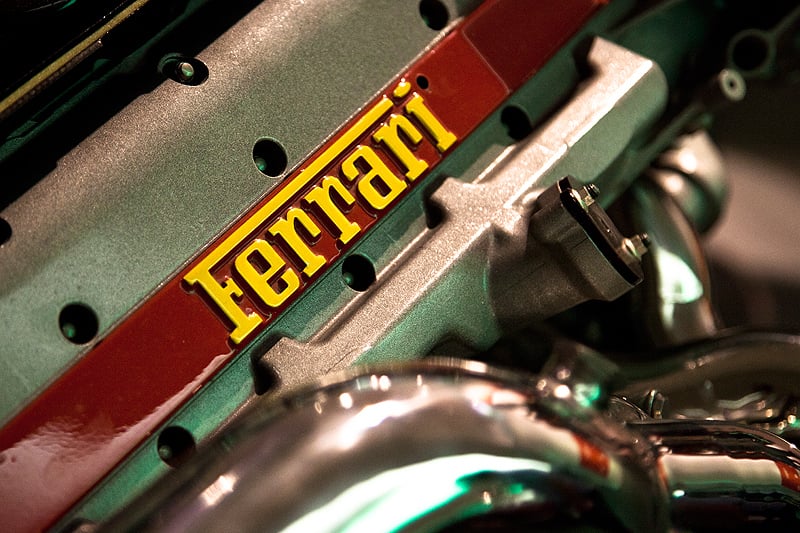
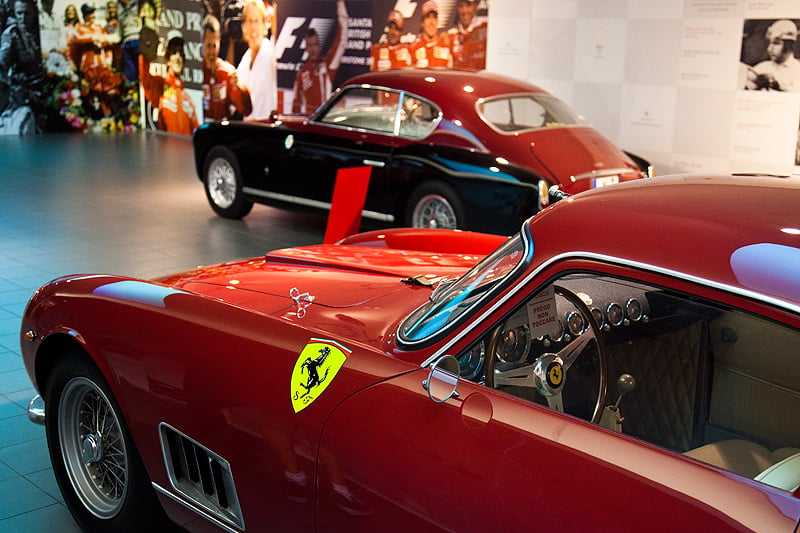
As with its business operations, Ferrari’s museum makes a clear distinction between road cars and race cars. Of course, Ferrari is a marque firmly rooted in its motorsport success, with the marque’s 1949 Le Mans victory – with a Ferrari 166 MM Berlinetta – providing a cornerstone of the Italian brand’s early identity. So first we visit the Sala delle Competizioni, where we find cars from the all-important post-War era. Here we are received by the 1947 Ferrari 125 S, the marque’s first racing car, and other beauties including the 750 Monza.
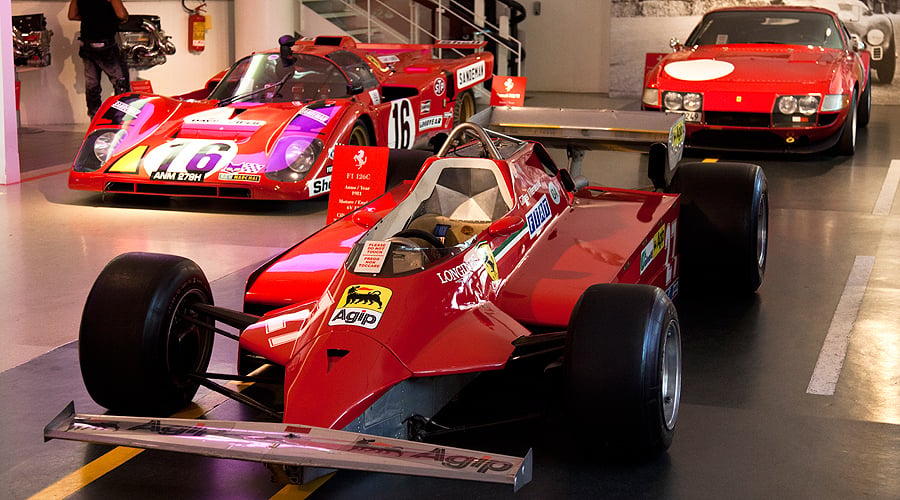
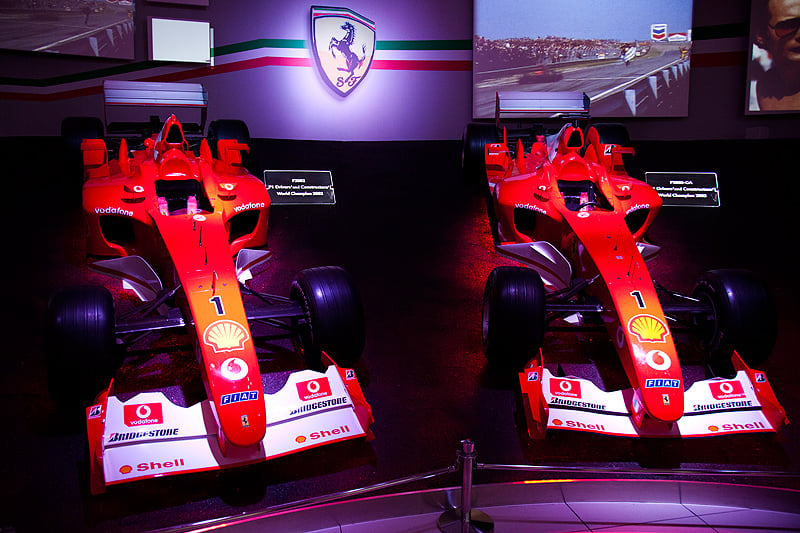
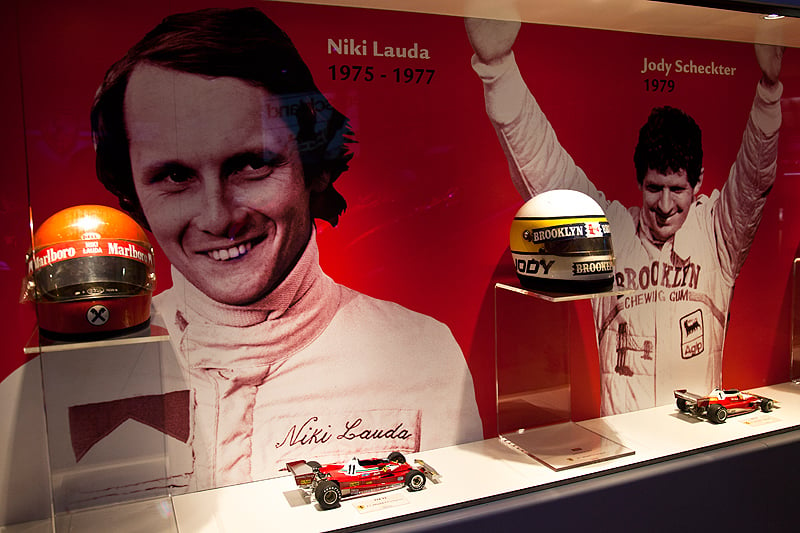
Scarcely less impressive are the Ferrari 195 Inter of 1950 in burgundy-black two-tone paint and the legendary 250 GT Tour de France. We discover delight after delight – a reconstruction of Enzo Ferrari's first office, for example, and rarely-seen sports-prototype racing cars such as F1 126C, 512 M and one of only 18 examples of the 365 GTB/4 Competizione. Beyond is the ‘Hall of Victories’, for F1 fans the central shrine of the museum, where the more recent successes of the Scuderia are celebrated –with more than 110 trophies, and the original helmets of no fewer than nine World Champion drivers, plus many other artefacts besides.
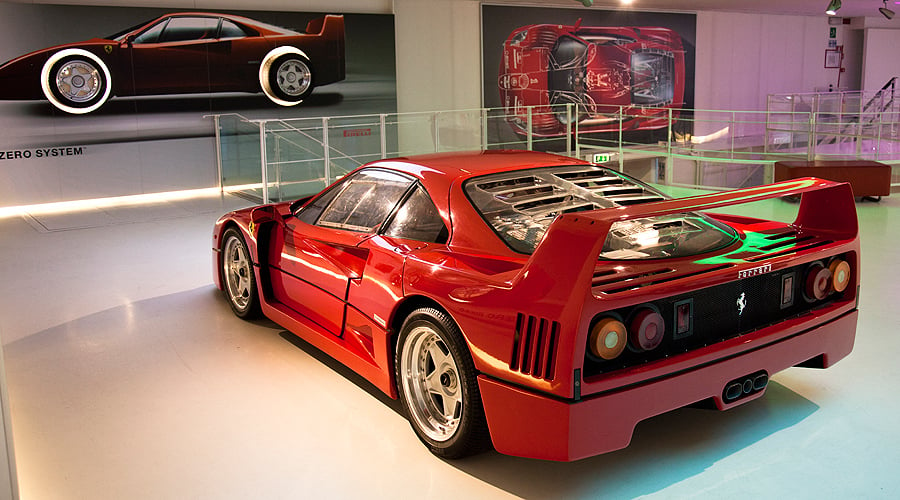
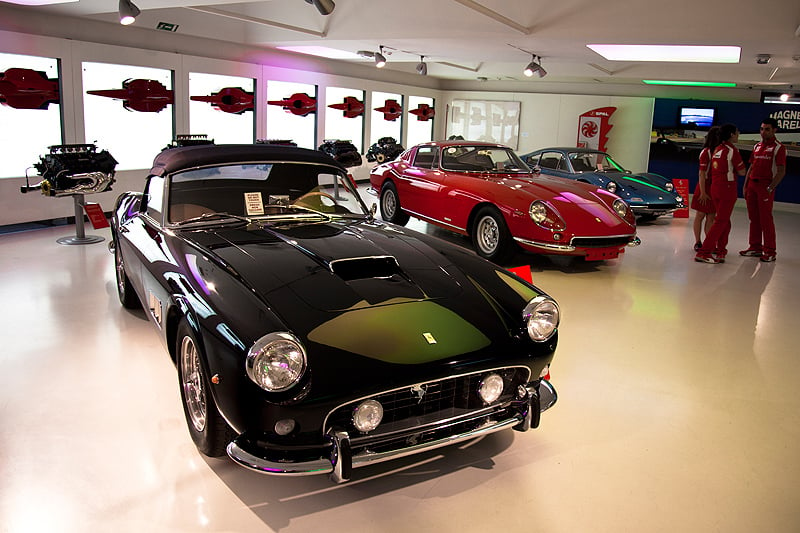
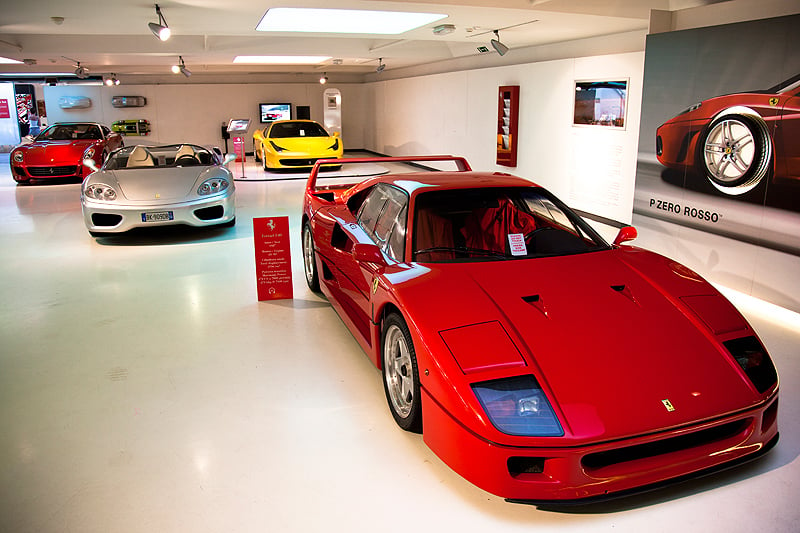
Up a staircase is the ‘Gran Turismo Hall’, where we find the road-going icons of the brand: Ferrari 250 GTO, 250 California, 275 GTB4 and Dino 206 GT – where else would you find all these gathered in one room? Twenty-five years on, and the Ferrari F40 is still an attraction to the many visitors. And special models such as the Ferrari 360 Barchetta or the new SA Aperta impressively demonstrate the importance of ‘individualisation’ in Maranello today. At the pinnacle of current production, meanwhile, is the 458 Italia – and the brutal 599XX.
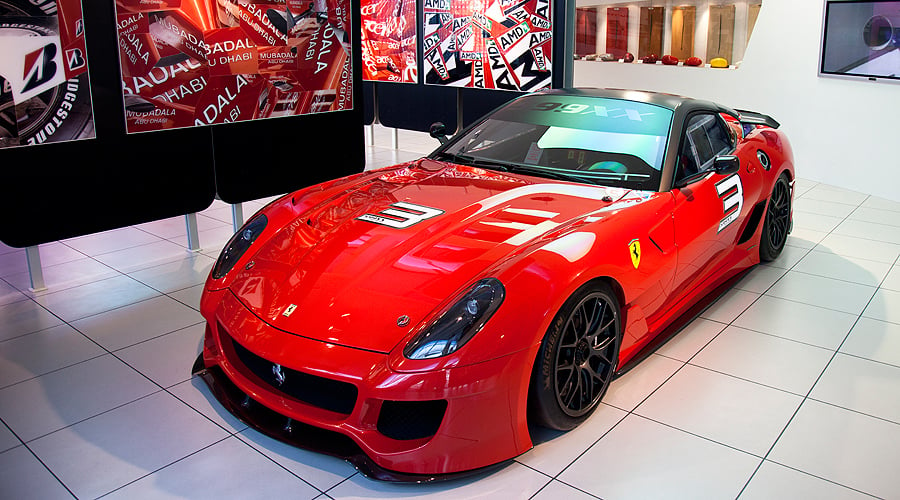
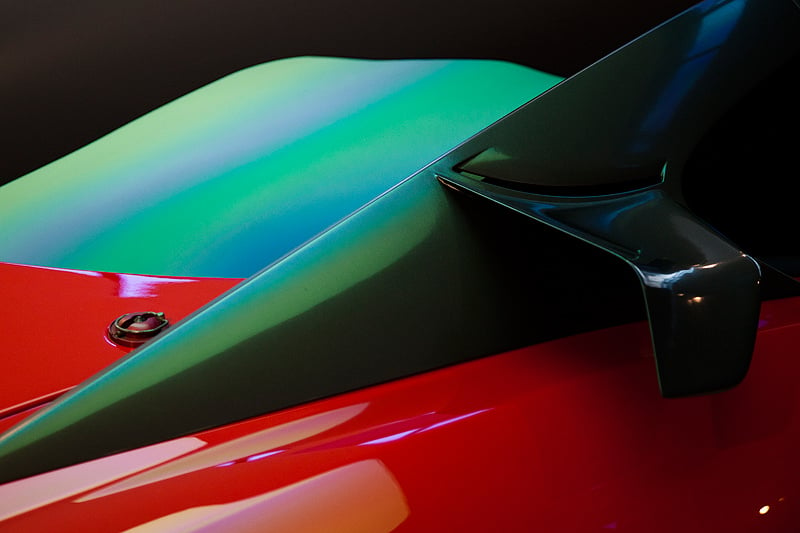
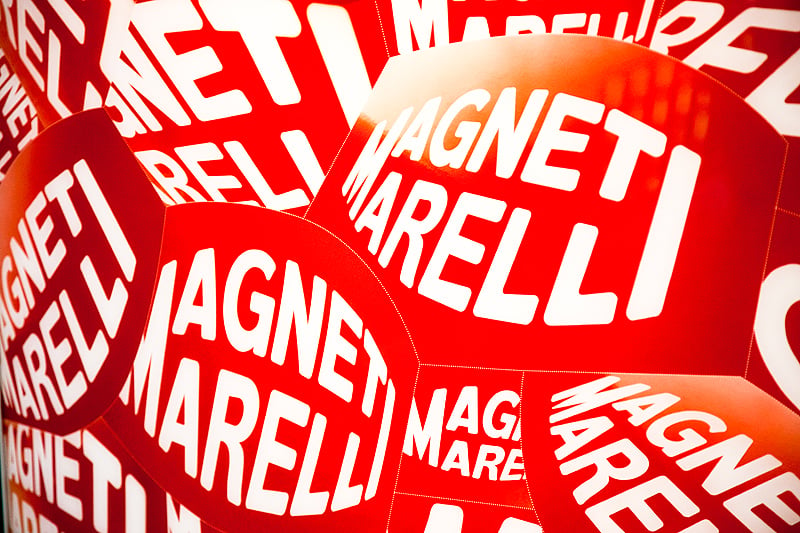
As well as the cars, the Ferrari museum has much else to offer – a shop and a well-stocked bookstore, for example, where you can find many works that are currently out of print. The museum is open daily.
Photos: Classic Driver














